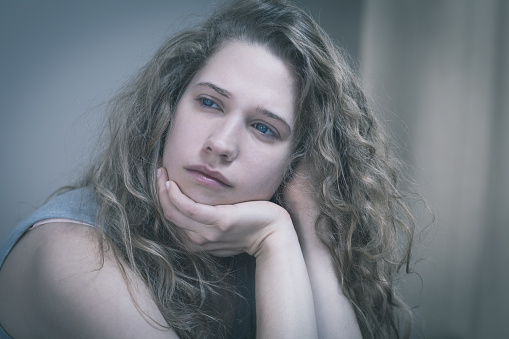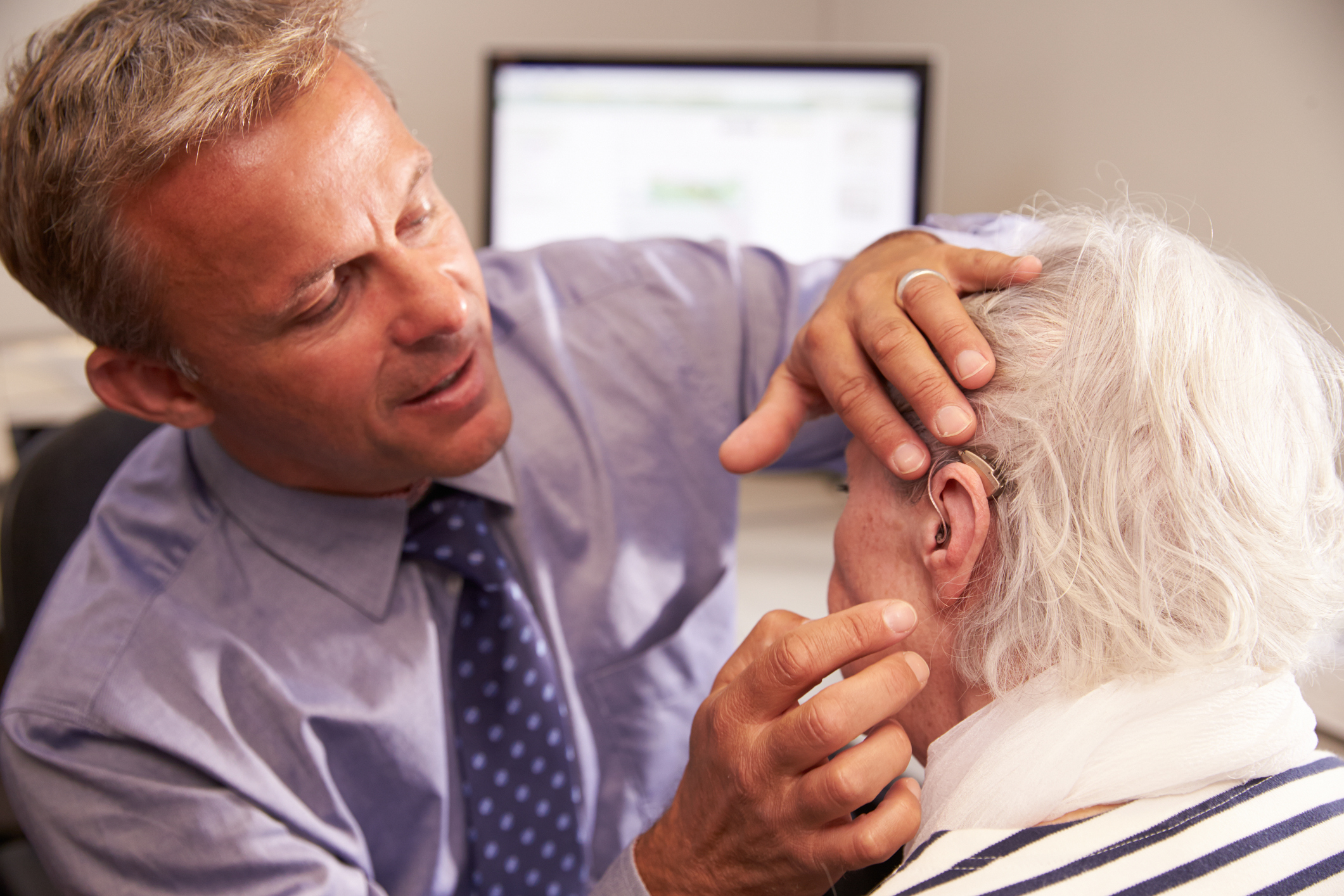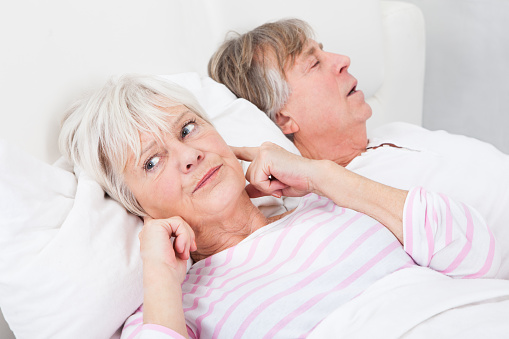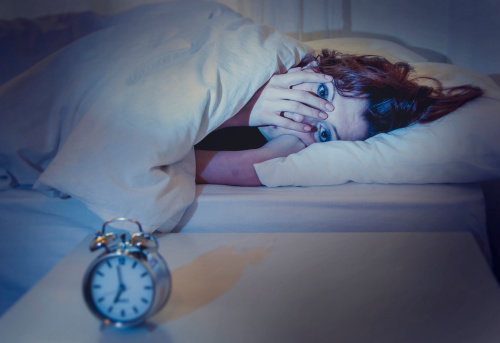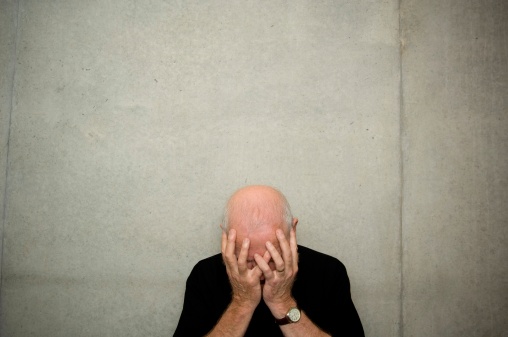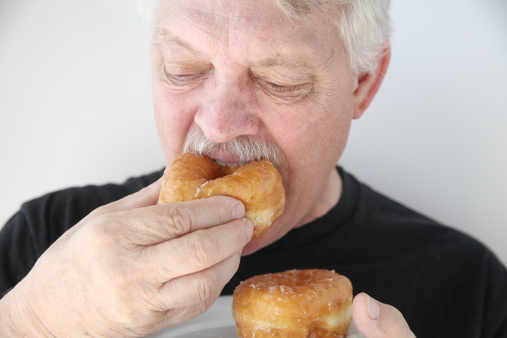Types of mood disorders
How is your mood? Would you say you’re feeling happy? Or are you sad, angry or even indifferent? The events currently going on in your life can have a large impact on your mood. If you just received good news you’ll probably be feeling happy or excited. If you just experienced a loss you may ...click here to read more

